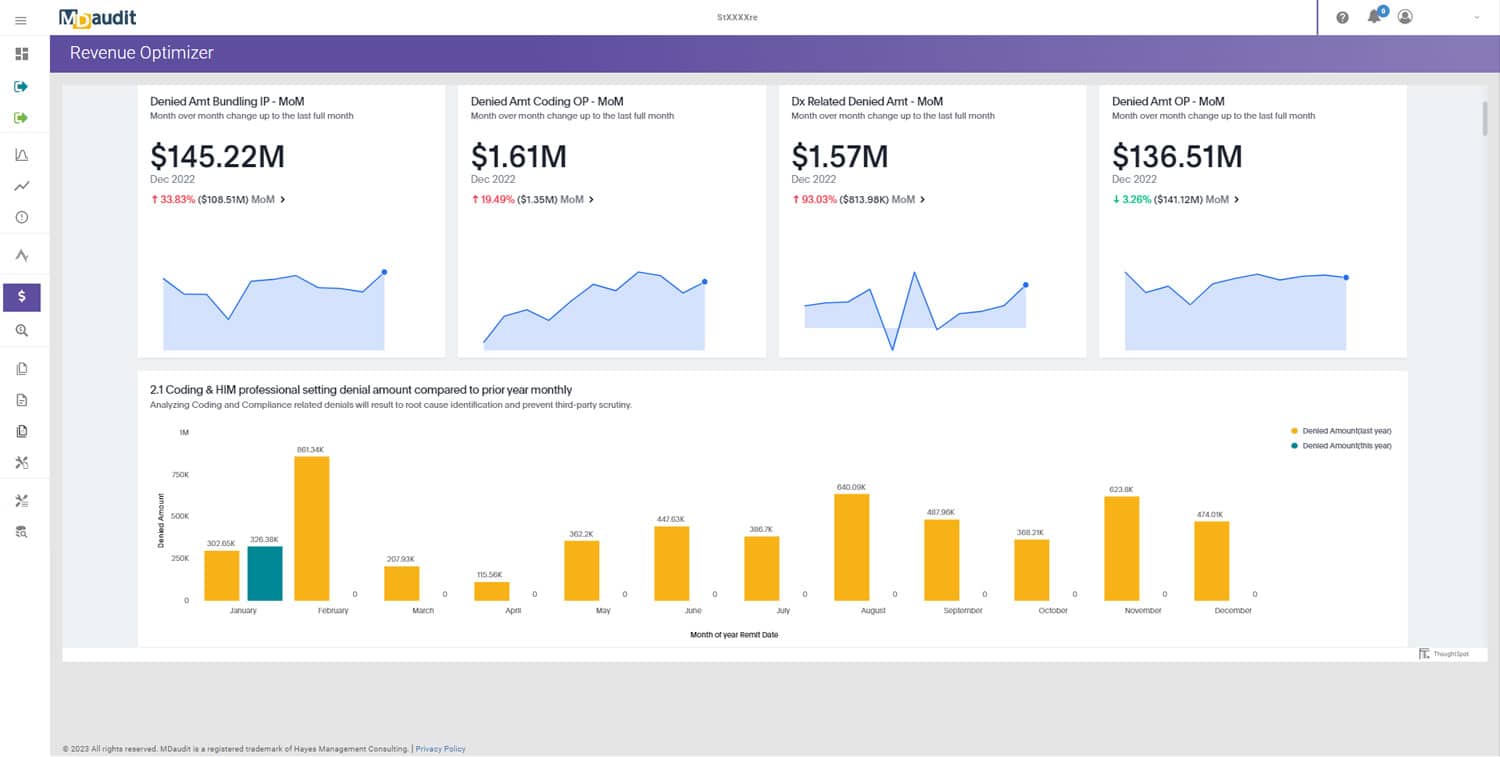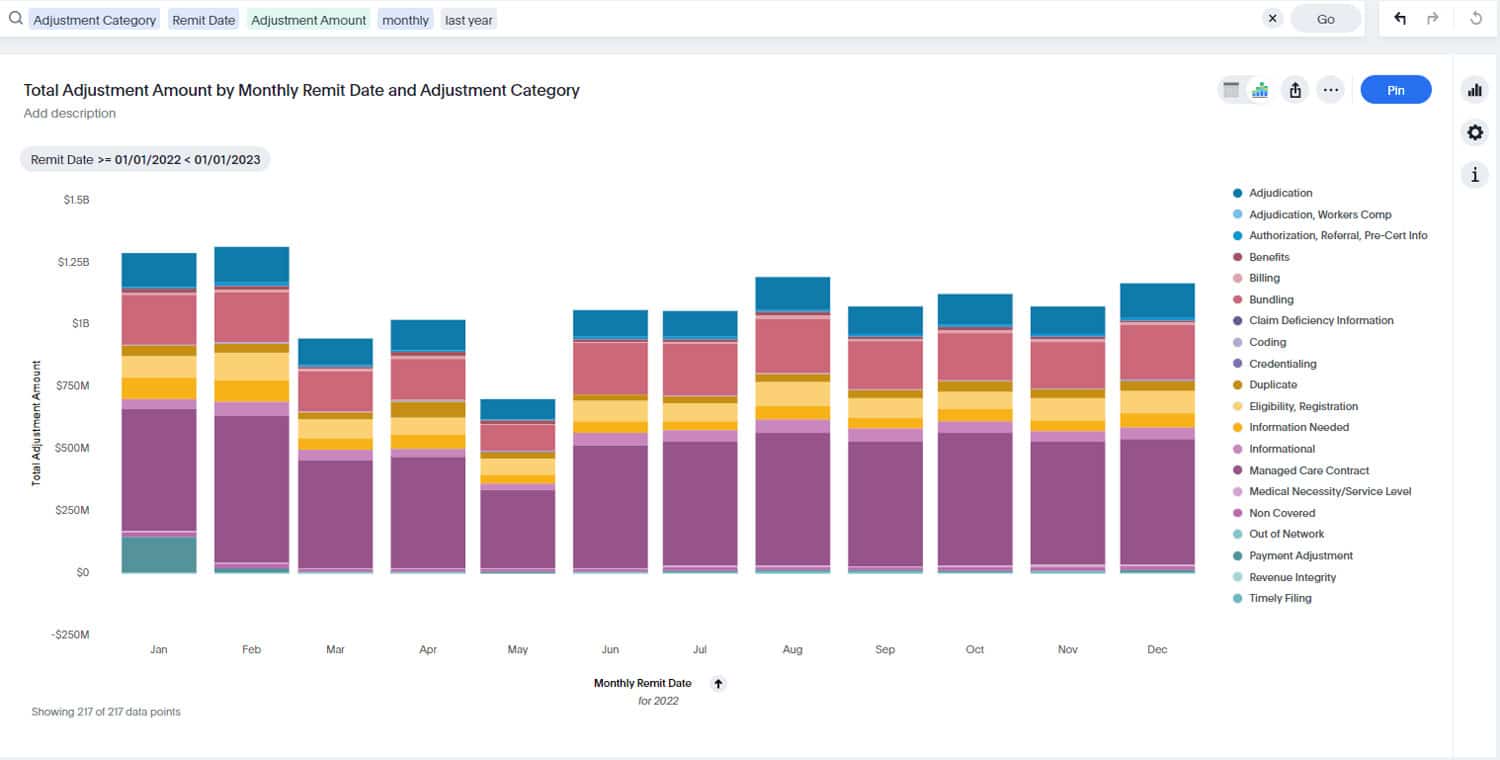Given the rampant rise of COVID-19 fraud coupled with seniors’ high demand for Medicare Advantage plans, the CMS FWA (fraud, waste, and abuse) audits of MAOs (Medicare Advantage Organizations) will likely see an increase.
The COVID-19 public health emergency presented many challenges for beneficiaries and providers and has spurred opportunists to develop schemes such as billing potentially unnecessary services, applying incorrect coding and billing, as well as direct solicitation and identity theft. Given the deluge of COVID-19-related claims, everyone affected – patients, providers, and payers – has been forced to scrutinize medical bills, records, and claims to resolve the billions of dollars in medical expenses. Payers, in particular, have been compelled to wade through massive amounts of clinical records to rectify billing accuracy and identify possible FWA.
A Prompt Response
HFPP (Healthcare Fraud Prevention Partnership) has been quick in its response. These collaborative efforts, including a 2020 takedown by the DOJ, have resulted in 345 defendants being charged with over $6 billion in alleged fraud losses – the largest takedown in healthcare fraud history.
The DOJ has taken swift action with the establishment of the COVID-19 Fraud Enforcement Task Force, which the Deputy Attorney General leads. In 2022, the DOJ announced it had uncovered approximately $150 million in COVID-19-related false billings to federal programs and theft from federally funded pandemic assistance programs. This was the largest effort to combat COVID-19 fraud since the establishment of the new task force.
MA Plans Consistently Trending Up
The upsurge in COVID-19 fraud coincides with the rising popularity of Medicare Advantage plans. MA plans have never been more prevalent due to their lower premiums and new benefits. According to the 2022 Medicare Advantage Competitive Enrollment Report by The Chartis Group, enrollment in 2022 rose by over 9% from the previous year with 28 million participants, representing 45% of all Medicare beneficiaries.
Given the swell in popularity of these MA plans, coupled with the rise in COVID-19 fraud, CMS will more than likely accelerate its probing with more frequent audits.
MAO Scrutiny Will Increase
To ensure the accuracy and integrity of risk adjustment data and MA risk-adjusted payments, CMS conducts RADV (Risk Adjustment Data Validation) audits that verify that the diagnosis codes submitted for payment are properly and accurately supported by medical record documentation for enrollees. These audits confirm that MAOs are not inadvertently or purposefully submitting claims that are not backed up by enrollees’ risk-adjusted diagnosis codes. Because payments to MAOs are based on risk scores and increase for sicker patients, it leaves plenty of room for fraud as well as inadvertent or even purposeful upcoding; this, in turn, costs taxpayers billions. CPI and CMS have each recently declared that they have employed 28 administrative actions on certain providers for their possible involvement in FWA related to COVID-19.
Usually, payers depend on costly and tedious chart reviews to take unstructured data from patient records, like whether tests related to COVID-19 are a medical necessity. However, more recently, payers are turning to AI for help to speed up the process and hopefully ensure more accuracy. Employing AI retrospectively to seek out specific clinical information about an enrollee will greatly help MAOs identify possible FWA before CMS probing and auditing.
Fighting Back
Preventative measures of the HFPP include provider education on new waivers and correct billing codes through phone calls, letters, newsletters, and web updates. In addition to these forms of communication, many members of the HFPP have created advanced data alert systems as well as the implementation of algorithms to unearth incongruities. These groups’ collaborative actions will help mitigate future fraud endeavors and inform upcoming strategies to combat FWA.
Due to the increased scrutiny by CMS, healthcare companies should focus on risk assessments and reviews of compliance programs as they relate to COVID-19. They should ensure correct documentation and measures toward compliance are enforced.
Powered by sophisticated analytics and augmented intelligence, MDaudit can auto-identify COVID-19 claims so they can be easily audited for coding accuracy and integrity. MDaudit also identifies the root-cause of Covid-19-related denials – allowing organizations the best opportunity to be timely and successful with their appeal efforts.
Contact us to learn more about how MDaudit can help your organization act against possible FWA as it relates to COVID-19.







